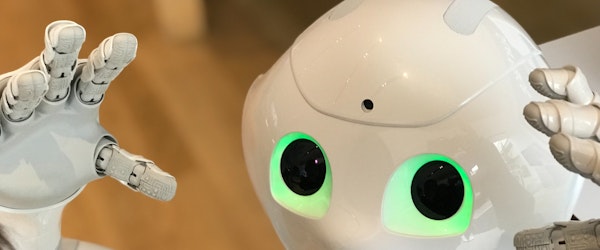
Adjusting to Change: Embracing AI in Workers’ Compensation Claims
Wednesday, January 8th, 2025 Litigation Risk Management Technology Workers' CompensationAs artificial intelligence (AI) continues to evolve, its potential in workers’ compensation claims processing becomes increasingly evident. However, resistance to change among seasoned adjusters remains a significant hurdle. Many believe that impairment reports should remain exclusively the domain of doctors, without technological aid. This skepticism often stems from a lack of understanding and trust in AI systems, despite their ability to streamline complex calculations, analyze patterns across thousands of claims, and offer fairer, data-driven outcomes.
AI’s role is not to replace adjusters or doctors but to empower them. By automating repetitive tasks and providing actionable insights, AI enables professionals to focus on more complex and nuanced aspects of claims. This can lead to faster claims resolution, reduced litigation, and more equitable settlements. The key lies in education and transparency, demonstrating how AI can complement expertise rather than threaten it.
The adoption of AI in workers’ compensation could significantly enhance the system’s efficiency, accuracy, and fairness. To achieve this, stakeholders must address concerns, foster trust, and highlight the technology’s potential to improve outcomes for all parties involved.





